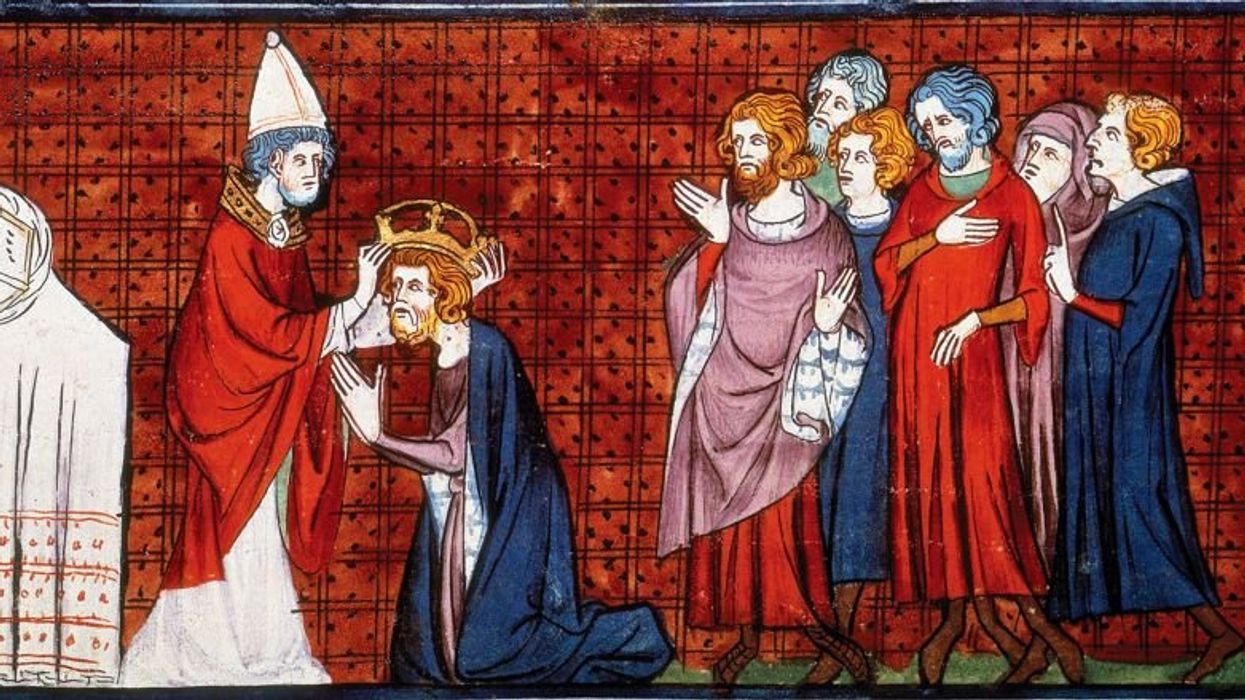Arguing it would restore democracy, two top House Democrats pushed for sweeping legislation to reverse the Supreme Court's ruling in the Citizens United speech case, including a constitutional amendment limiting campaign contributions and instituting a taxpayer-financing system.
 House Minority Leader Nancy Pelosi (D-Calif.) speaks with reporters on Capitol Hill in Washington, Thursday, Jan. 16, 2014. (AP/J. Scott Applewhite)
House Minority Leader Nancy Pelosi (D-Calif.) speaks with reporters on Capitol Hill in Washington, Thursday, Jan. 16, 2014. (AP/J. Scott Applewhite)
House Minority Leader Nancy Pelosi (D-Calif.) and Rep. John Sarbanes (D-Md.) published an op-ed in The Washington Post Wednesday advocating for the Government by the People Act on the day it was being introduced in the House.
“We must disclose the sources of the money in our campaigns, amend the Constitution to reverse the grievous error of the Citizens United decision, reform our broken campaign finance system and empower citizens everywhere to exercise their right to vote,” Pelosi and Sarbanes wrote.
The landmark U.S. Supreme Court ruling in Citizens United vs. Federal Elections Commission lifted restraints on political speech, allowing corporations and unions to spend money on elections as long as they do not donate directly to a candidate’s campaign. The ruling overturned much, but not all, of the 2002 McCain-Feingold campaign finance reform act.
The case is named for the conservative group Citizens United, which sued when the FEC tried to block the airing of a documentary critical of Hillary Clinton during the early stages of the 2008 presidential campaign.
“We know that if the role of money in our elections were reduced and the level of civility in our politics increased, the result would be the election of more women, more minorities, more young people and more people dedicated to serving the public interest, not special interests,” Pelosi and Sarbanes wrote. “Most members of Congress would leap at the chance to fund their campaigns without having to turn to a familiar cast of big donors and entrenched interests. Today, that’s virtually impossible.”
The op-ed said that the bill has three main focuses: on a refundable $25 tax credit to encourage average citizens to deduct campaign donations on their taxes; on establishing federal matching funds for candidates for federal office who agree to limit the large donations to their own campaigns; and giving candidates the chance to get more federal tax dollars in the homestretch of the campaign.
Pelosi and Sarbanes compared a reversal of the Citizens United ruling with landmark civil rights events in American history for women and blacks.
“From Seneca Falls, N.Y., to Selma, Ala., generations of Americans have stood up against seemingly insurmountable status quos that denied their voices and their votes,” Pelosi and Sarbanes wrote. “Today’s generation, too, must have the courage to take back our politics.”
Follow Fred Lucas (@FredVLucas3) on Twitter.

 House Minority Leader Nancy Pelosi (D-Calif.) speaks with reporters on Capitol Hill in Washington, Thursday, Jan. 16, 2014. (AP/J. Scott Applewhite)
House Minority Leader Nancy Pelosi (D-Calif.) speaks with reporters on Capitol Hill in Washington, Thursday, Jan. 16, 2014. (AP/J. Scott Applewhite)





